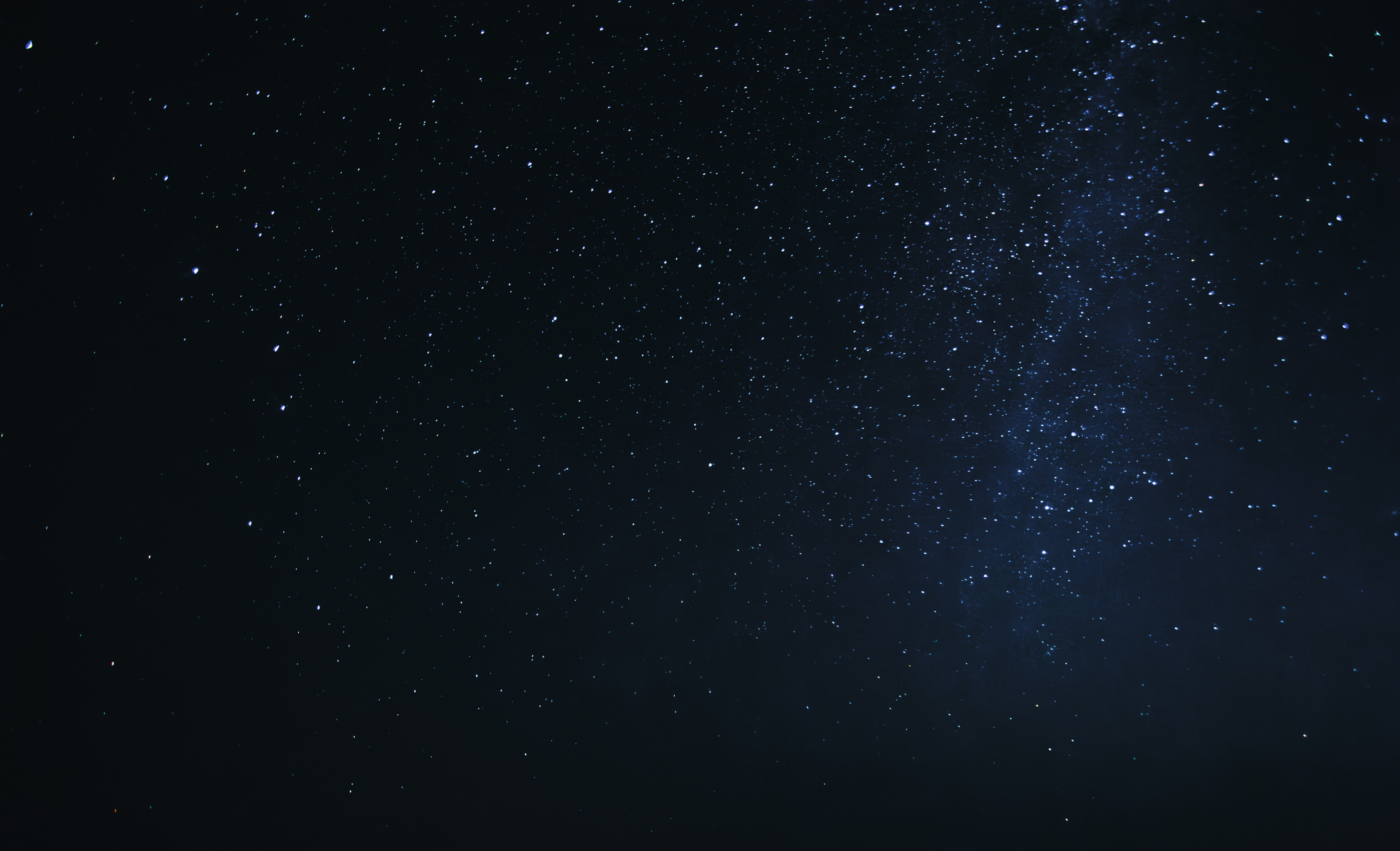A team of astronomers have found what they claim are the most promising—but also tentative—signs of possible life on a distant planet.
The research, which was published in the The Astrophysical Journal Letters, was led by the University of Cambridge and was based on data from the James Webb Space Telescope. Researchers detected chemical fingerprints of at least one, if not two, molecules—dimethyl sulfide (DMS) and dimethyl disulfide (DMDS)—in the atmosphere of K2-18b, a planet outside of our solar system, 124 light years away from Earth. Like Earth, this planet orbits its star in the habitable zone—an area around a star where planets with liquid water on their surfaces may exist.
[time-brightcove not-tgx=”true”]
“On Earth, DMS and DMDS are only produced by life, primarily microbial life such as marine phytoplankton,” a Cambridge press release said. “While an unknown chemical process may be the source of these molecules in K2-18b’s atmosphere, the results are the strongest evidence yet that life may exist on a planet outside our solar system.”
According to the press release, there’s a 0.3% probability that these findings were a statistical fluke. That’s not a small enough chance to reach the standard required to claim a scientific discovery—for that, there would have to be below a 0.00006% probability they occurred by chance.
K2-18b has a mass 8.6 times that of Earth’s, and the planet is 2.6 times as large as Earth. Scientists have had their eye on this planet for a few years now. In 2023, researchers said they found evidence of methane and carbon dioxide in K2-18b’s atmosphere—the first time that carbon-based molecules were detected in the atmosphere of a planet outside of our solar system in the habitable zone.
While astronomers said the latest results are “exciting,” they stressed that additional research needs to be conducted before making the bold claim that life has been found on another planet.
“It’s important that we’re deeply sceptical of our own results, because it’s only by testing and testing again that we will be able to reach the point where we’re confident in them,” Nikku Madhusudhan, a professor at Cambridge’s Institute of Astronomy who led the research, said in the university’s press release. “That’s how science has to work.”

